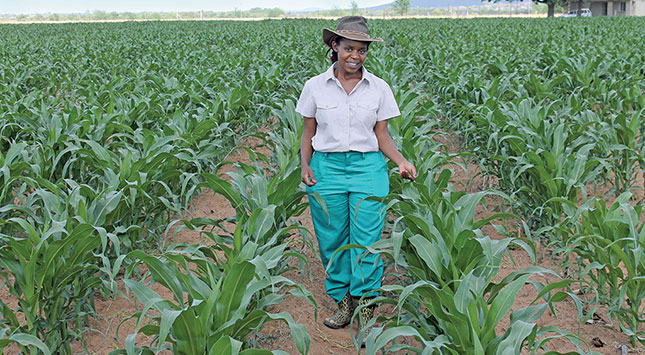Talking to a young farmer recently made me realise the importance of ubuntu to poor, aspiring farmers. This young woman, who started off in the corporate world, said it was extremely difficult to break into the sector and build a viable farming business. She explained that without support from fellow farmers, she would be unable to reach the commercial stage. In short, farmers need to help each other.
“One of the things I learnt in business was that your competitor is your enemy,” she said. “But this should never be the case. Your competitor should be your ally.” Some businesses have realised this. Although notorious, many taxi and shebeen owners work together and so help each other grow. For example, by forming stokvels and sharing their savings, taxi owners can buy each other vehicles.
I’ve recently noticed that shebeens are working in a similar way to survive. Instead of fighting each other, they use a rotating stokvel system: only one shebeen in the stokvel stays open at a time and so the customers are shared among all the members. This is the type of spirit that’s needed in the emerging farmer community. Instead of going it alone, farmers could have a stokvel system, grouping together to buy animals or feed, or taking turns to supply the market.
Farmers could also negotiate a contract collectively. A big order is likely to mean a discount, which would benefit every farmer in the group. This approach could extend to sharing resources. One of the biggest expenses on a farm is the cost of labour. Let’s say you need 10 workers, but can only afford to hire two.
If 10 smallholders in your community each employ two workers, you could share them. Thus, with careful planning, you could have 20 workers working for you on a particular day, but still be paying only two!
Together, we can do more.












